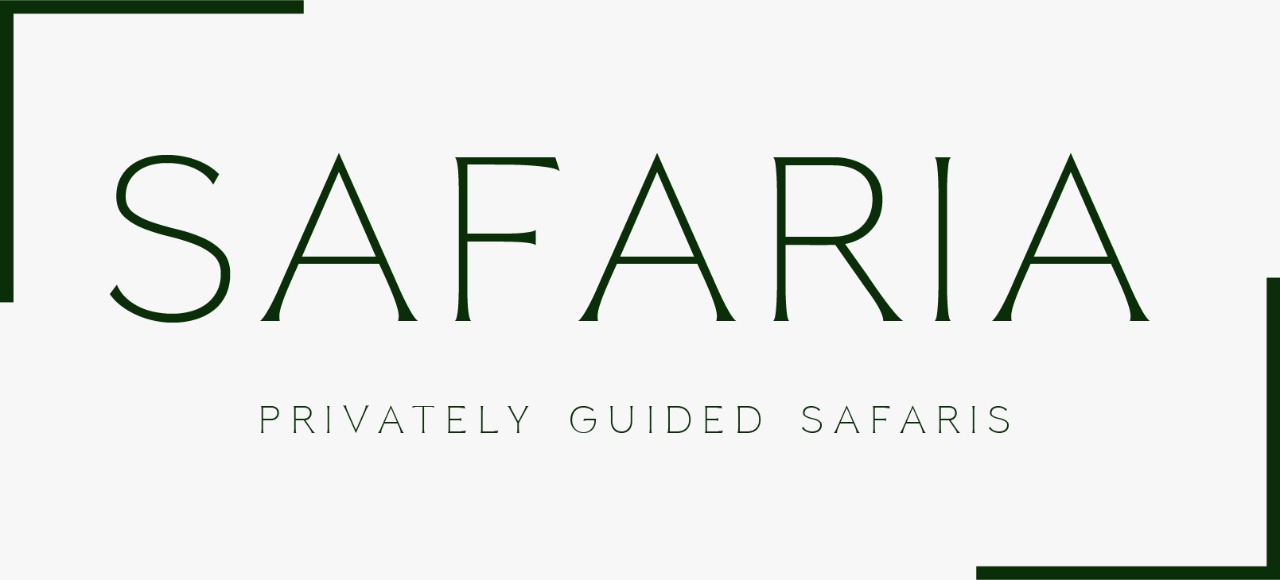Price:From R 24,214 per person
(Rate based on size of group)
Includes:3 night accommodation inside one of the Kruger National Park camps, 3 Breakfast’s, & 3 Dinner as well as Private Guide, Private Open Safari Vehicle, Personalised itinerary and Conservation Fees.




